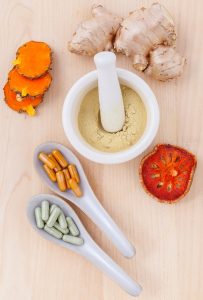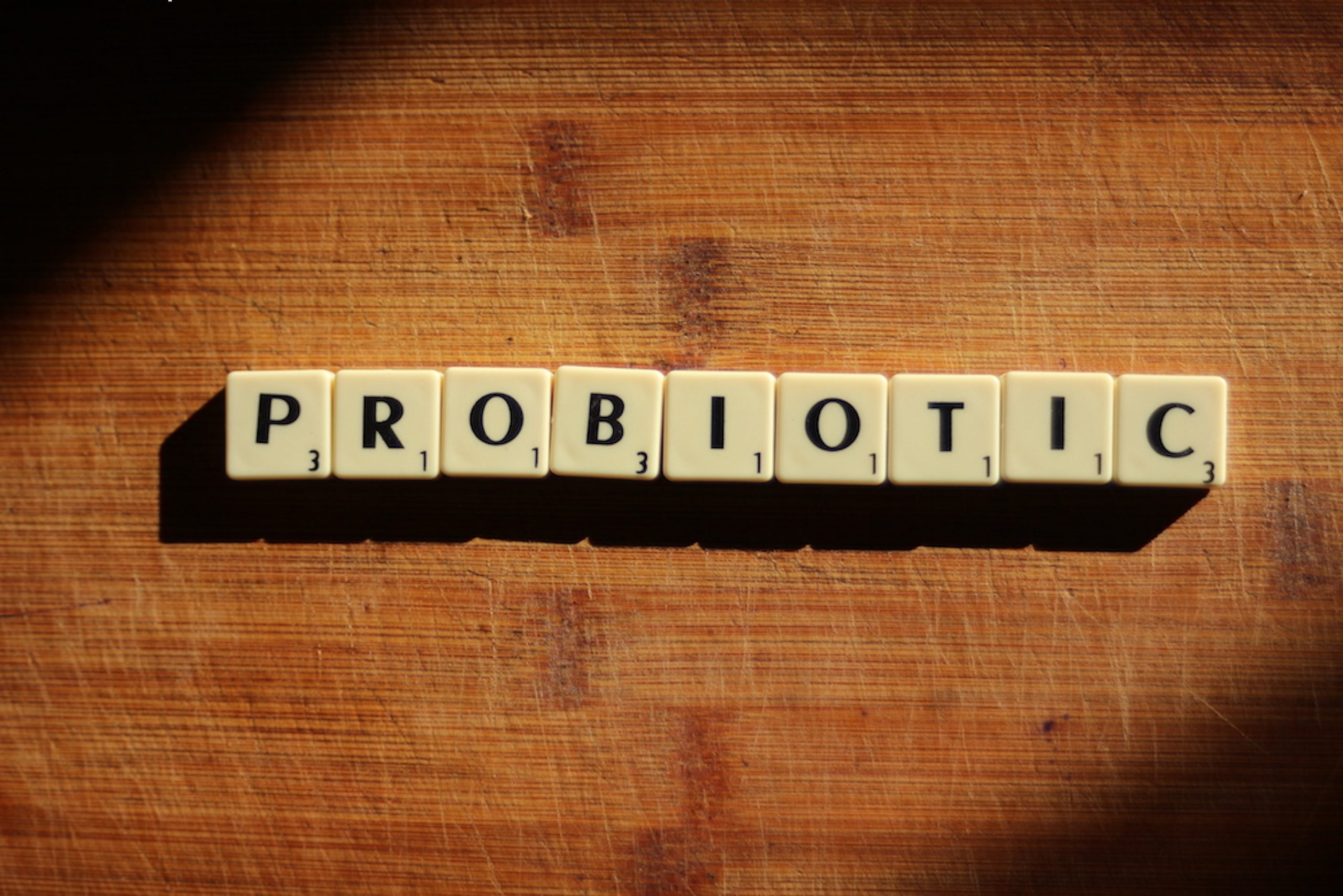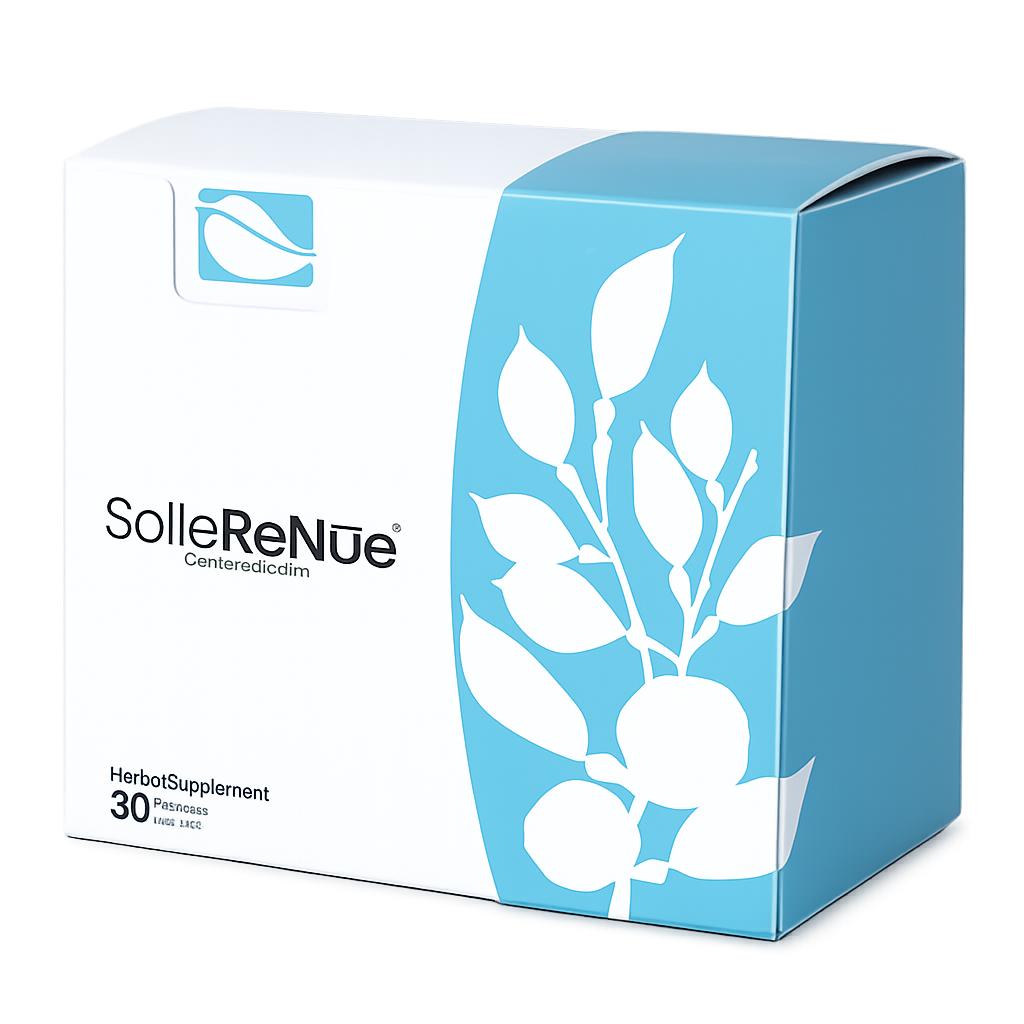Do Probiotics Work? – Probiotic Health Benefits
 70%-80% of your immune response occurs in your gut and it’s where the majority of your immune cells go to fight off germs when you’re sick. Unfortunately, today it’s tough to keep probiotic levels in your gut stable. Antibiotics, illness, artificial sugar, and pesticides can kill off those friendly gut bacteria and let killer germs like C. difficile take up residence, leading to a common illness called ‘antibiotic-associated diarrhea’ (AAD). That’s why it’s important to supply probiotics into your intestines.
70%-80% of your immune response occurs in your gut and it’s where the majority of your immune cells go to fight off germs when you’re sick. Unfortunately, today it’s tough to keep probiotic levels in your gut stable. Antibiotics, illness, artificial sugar, and pesticides can kill off those friendly gut bacteria and let killer germs like C. difficile take up residence, leading to a common illness called ‘antibiotic-associated diarrhea’ (AAD). That’s why it’s important to supply probiotics into your intestines.
By definition, a probiotic stimulates the growth of microorganisms with beneficial properties. Not all probiotics are limited exclusively to dairy products, like yogurt. Many strains are naturally occurring in the human body, but a shortage of probiotics can lead to several adverse effects for both your body and mind. Having these live microorganisms can boost immune system health, support heart health, encourage a balanced mood, and more just by residing and reproducing in your gastrointestinal tract. By adhering to the walls of your intestinal tract, probiotics helps prevent harmful bacteria from replicating and flooding your system in a process known as “competitive exclusion.” They can even help fight side effects of repeated antibiotic treatment.
So how do probiotics work to yield health benefits? Probiotics produce essential nutrients like vitamin B3 and folate. Bad bacteria, like E. coli and C. difficile, produce toxins that poison, cause illness, and speed the aging process. When friendly probiotics like Bifidobacterium infantis line your intestines, they break down fiber and sugars that lead to bloating, gas, and aggravate conditions like IBS. And studies have shown that men and women with balanced levels of probiotic bacteria can focus and concentrate better and enjoy stronger bones, normal blood sugar, fewer allergies, and better cardiovascular health.
Your life depends on the health of your gut. When you don’t have enough probiotic bacteria, germs and toxins attack the lining of the intestine. This damages the cells lining your intestine, and with enough damage, germs and toxins get into your blood. While you may not see this happening, you feel the results. Frequent bloating and gas indicate there’s a problem with your digestive system, and probably indicates your intestines are running low in beneficial bacteria. But you may also experience frequent headaches, increased allergic response, blood sugar spikes, and chronic illness.
Types of Probiotics and Their Health Benefits
The benefits of probiotics are many and this probiotic product, Nature’s Sunshine Probiotic Eleven, contains the following strains of good bacteria. These probiotic strains have a large range of health benefits which can ease certain symptoms and improve overall health for both men and women.
Lactobacillus Rhamnosus –
Studies involving the Lactobacillus strain of bacteria suggest supplementation could lessen feelings of anxiety or ease symptoms of depression. Combining these probiotics with prebiotics also show significant benefits in mood health. Additionally, L. rhamnosus might be one of the best probiotics for weight loss. One study suggests taking L. rhamnosus might counteract weight gain and diabetes, and there’s a lot of research examining the benefits as a treatment for gastrointestinal issues like irritable bowel syndrome. Another study suggests a link between good bacteria and seasonal allergies, particularly with hay fever. If you’re looking for something to strengthen your overall immune function, L. rhamnosus could help there. A promising study suggests this strain could be just as helpful as an antibiotic for treating urinary tract infections.
Bifidobacterium Bifidum –
High levels of Bifidobacterium bifidum in your gut break down fiber, coat the inner lining of your intestines, and even stimulate your immune system.
When you were born, the probiotic B. bifidum strain was already present in your intestines, protecting you from germs. In fact, it made up nearly 95% of your intestinal bacteria! B. bifidum attaches to your intestinal lining and helps digest sugar and protect the physical lining of your intestine against damage from toxins or germs. This keeps toxins and germs out of your blood and prevents them from making you sick or disrupting cellular function while it stimulates your immune system. On top of all this, probiotics like B. bifidum also produce important vitamins like B12, biotin, and K2
Recent research even shows that B. bifidum reduces the incidence of cold and flu. Antibiotic use drastically decreases B. bifidum population, as does every day environmental factors. But with so many environmental toxins like pesticides and foods loaded with artificial sugars, adults and children alike need a supplement to maintain the best possible health.
Lactobaciullus Acidophilus –
One of the best strains of probiotics out there is Lactobacillus Acidophilus. Much like Lactobacillus Brevis, this strain of probiotic occurs naturally within the body. Not only does it promote digestive tract and immune system health, it also helps in the production of lactase.
It helps to maintain a healthy balance of bacteria in your digestive tract by producing vitamin K, lactase, acidolphilin, acidolin, bacteriocin, and lactocidin. In doing so, Lactobacillus acidophilus helps your body naturally break down lactose into simple sugars. This could provide some benefit to those with lactose intolerance. It even modulates immune system function. Some research even suggests it may provide some help with urinary tract infections, irritable bowel syndrome, and bacteria deficiencies caused by antibiotics as well as providing some benefit for cardiovascular health by reducing cholesterol.
Lactobacillus Brevis –
One of the best probiotics for your body is Lactobacillus brevis. Discovered as far back as 1921 by E.B. Fred, W.H. Peterson, and J.A. Anderson, this wonderful bacterium occurs naturally in the human body and is even present in breast milk. L. brevis is also found in high amounts in fermented foods like sauerkraut and pickles, and it’s abundant in nature; however, it’s only present in low amounts in the body due to environmental factors, poor food choices, and overall lifestyle habits.
Like most probiotic bacteria, L. brevis may be helpful for supporting digestive health, and some research indicates its ability to combat ulcers. As no surprise, Lactobacillus brevis helps boost your immune system by increasing natural killer cells. It also has anti-microbial facets, can help the health and condition of the gums, and boost the effectiveness of antibiotics.
Lactobacillus Bulgaricus –
L. bulgaricus is a probiotic that lives in the intestinal mucosa, the mucous membrane that lines the gastrointestinal tract. L. bulgaricus is hardly enough to be able to withstand the acidic digestive juices secreted by the stomach. The organism grows when it’s needed and diminishes when it’s not. L. bulgaricus is called a symbiotic bacterium; it lives in harmony with the other helpful bacteria that normally live in your gastrointestinal tract. Here the micro-organism helps neutralize toxins and kill harmful bacteria by producing its own natural antibiotics.
Lactobacillus Plantarum –
The probiotic L. plantarum works to maintain a balance of good and bad bacteria and does so while helping out with digestion and optimizing levels of vitamins and minerals. In fact, L. plantarum can actually synthesize some nutrients, like L-lysine. Animal models show Lactobacillus plantarum may be helpful in reducing bacterial translocation, a benefit dependent on bacterial adhesion to the intestinal wall.
Antibiotics are becoming an increasingly common contributor to hospital-acquired infections, and research shows Lactobacillus plantarum may be of help. Because antibiotics deplete natural gut flora, it opens the way for spore-forming bacteria to infect and proliferate. One study has shown probiotic supplementation with L. plantarum may reduce the incidence of Clostridium difficile-associated disease in hospitalized patients following antibiotic administration. In addition to this benefit, L. plantarum may also reduce gastrointestinal side effects commonly associated with antibiotics. Still, others note many of the same benefits as with Lactobacillus probiotics: decreased colorectal cancer risk is a big one.
Streptococcus Thermophilus –
Is a probiotic used to create lactic acid, so you can find it in fermented products like yogurt. And because it breaks down lactose into acid, it’s also often prescribed to lactose-intolerant individuals (to make it easier to digest dairy.) But it doesn’t stop there! Not only can it boost a person’s immune system, but it can also help with colon health, possibly even lowering the risk for colon cancer.
There is some research that S. thermophilus may be helpful during chemotherapy by protecting the intestinal tissues from irritation caused by chemotherapy drugs. Another study shows S. thermophilus correlates with better growth in children. Antibiotic-associated diarrhea (AAD) is a growing issue today, and people are seeking natural methods for relief. Since antibiotics kill good bacteria and sometimes allow harmful bacteria to grow, diarrhea is often a result. Certain probiotic strains of S. thermophilus have been shown to reduce AAD.
Bifidobacterium Infantis –
B. infantis thrives most in the intestines of infants as it helps break down lactic acid in human breast milk. With this benefit, isn’t it fitting that the bacterial strain is named B. infantis? But don’t let its name fool you; it’s good for kids and adults, too. This probiotic also feeds on natural fructose (not the Frankenfood ingredient HFCS), glucose, and other all-natural carbs.
Adults who keep their B. infantis levels in balance enjoy better overall health, an active metabolism, and less discomfort after eating. British researchers reported it only took four weeks for women who took B. infantis to enjoy a significant improvement in their IBS symptoms. Another study published in the American Journal of Gastroenterology found B. infantis supports stomach health and digestion. It also supports your immune system against unwanted bacterial growth in the intestines, and some strains even produce B vitamins.
Bifidobacterium Longum –
Similar to other bacteria in this family, Bifidobacterium longum boasts an impressive list of benefits to the human body. Bifidobacterium longum can help reduce gastrointestinal discomfort caused by stress. In addition to this benefit, B. longum may also attenuate anxiety and possibly reduce the risk for colon cancer. The best feature of this particular probiotic is its ability to soothe irritation in the body. Much like many of the strain’s brothers and sisters, B. longum can be found in fermented foods and some probiotic supplements.
Lactobacillus Casei –
Supports digestion, the immune system, and soothes the bowels. It has been shown to improve bowel regularity, so may be useful for constipation.
Lactobacillus Salivarius –
L. salivarius is found in the mouth and the small intestine. Not only could it be useful for maintaining dental health, but studies also suggest it could help improve gastrointestinal problems like irritable bowel syndrome. This strain actually works to keep bacteria levels balanced in the small intestine. Because of this, like many strains, L. salivarius is thought to play a big role in boosting the immune system.
Nature’s Sunshine is a great probiotic brand for those in Mt. Pleasant, Michigan and because it is designed to help with women’s health, men’s health, intestinal, heart health, daily energy and vitality. Get your natural health journey started by relieving some of your symptoms and optimizing your gut health with the use of probiotics.
https://www.globalhealingcenter.com/







